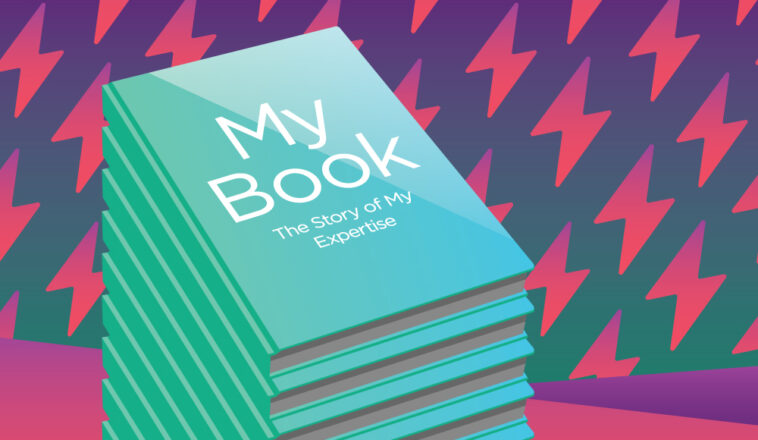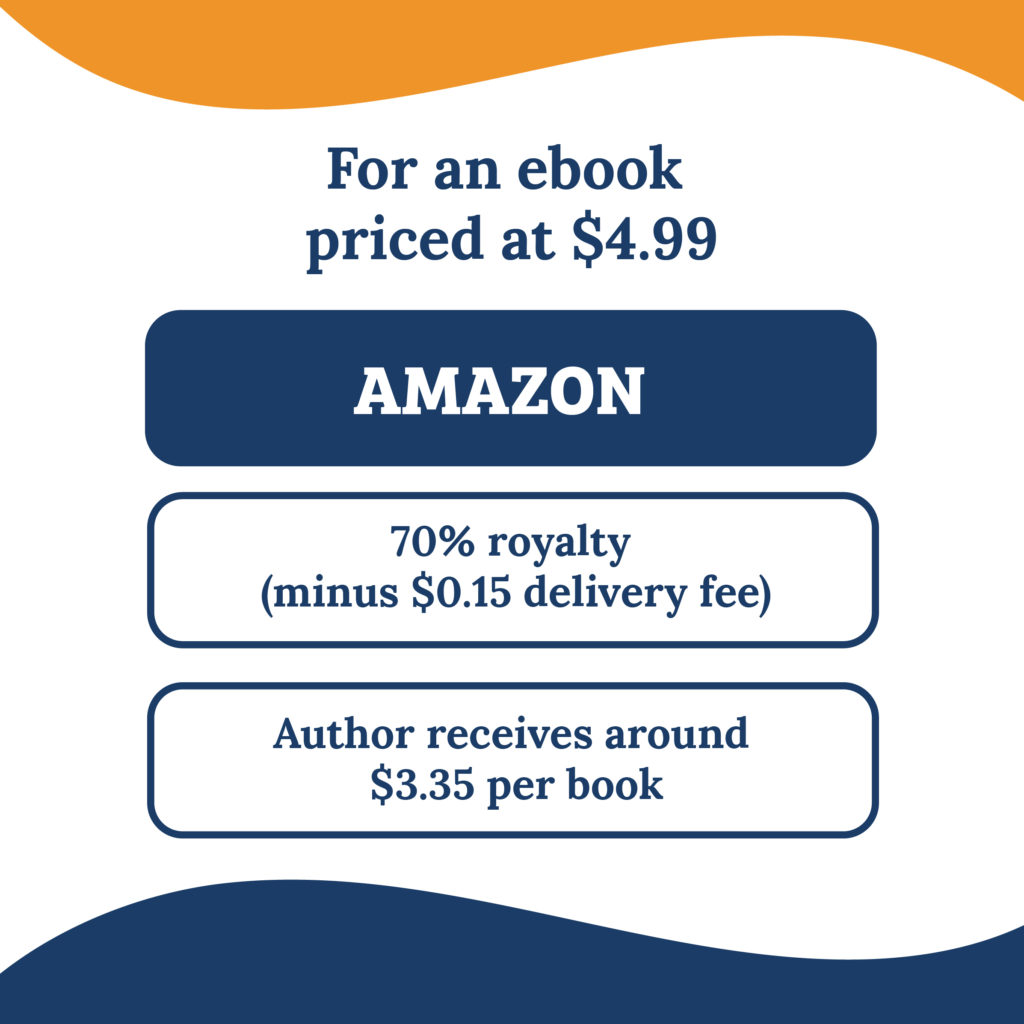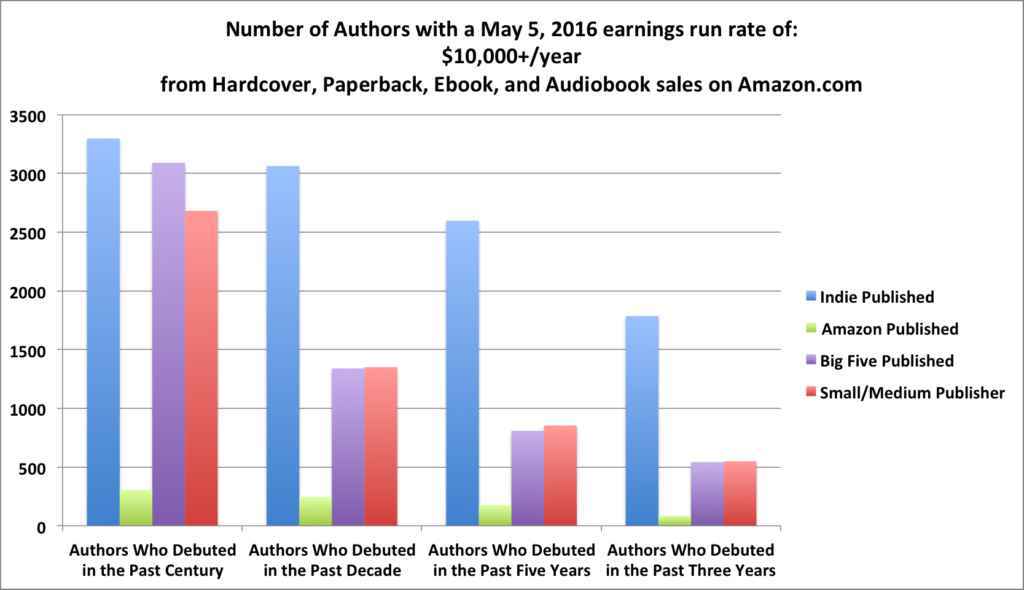Understanding the Publishing Industry: A Primer for Aspiring Authors
The publishing industry is a complex and multifaceted business that has undergone significant changes in recent years. To understand how much book authors make, it’s essential to grasp the different types of publishing models and the various stakeholders involved. Traditional publishing, self-publishing, and hybrid publishing are the three primary models that authors can consider. Traditional publishing involves working with a publishing house, which handles editing, production, and distribution. Self-publishing, on the other hand, allows authors to maintain creative control and publish their work independently. Hybrid publishing combines elements of both models, offering authors more flexibility and autonomy.
In the traditional publishing model, authors typically work with literary agents who represent their interests and negotiate contracts with publishing houses. Editors, publishers, and other stakeholders are also involved in the process, each playing a crucial role in bringing a book to market. Understanding the relationships between these stakeholders and the different publishing models can help authors navigate the industry and make informed decisions about their careers.
For example, authors who choose traditional publishing may receive advances and royalties, but they may also have to relinquish some creative control. Self-published authors, on the other hand, maintain control over their work but may have to handle editing, production, and marketing costs themselves. Hybrid publishing offers a middle ground, allowing authors to balance creative control with professional support.
As the publishing industry continues to evolve, authors need to stay informed about the latest trends and developments. By understanding the different publishing models and the stakeholders involved, authors can make informed decisions about their careers and increase their chances of success. Whether you’re a seasoned author or just starting out, knowing how the publishing industry works is essential for achieving your goals and maximizing your earnings.
How Book Authors Get Paid: Royalties, Advances, and More
When it comes to understanding how much book authors make, it’s essential to grasp the different ways authors can earn money from their books. Royalties, advances, and subsidiary rights are the primary sources of income for authors. Royalties are a percentage of the book’s sales, typically ranging from 10% to 15% for print books and 25% to 50% for e-books. Advances, on the other hand, are payments made by the publisher to the author before the book is published, usually deducted from future royalties.
Subsidiary rights, such as film, television, and audiobook rights, can also provide a significant source of income for authors. These rights are often sold separately from the book’s publishing rights and can be a lucrative way for authors to earn additional income. For example, authors who sell their book’s film rights can earn a significant amount of money, even if the book itself doesn’t sell well.
Understanding how royalties are calculated is also crucial for authors. Typically, royalties are calculated based on the book’s net sales, which is the amount of money the publisher receives from the sale of the book. The royalty rate is then applied to this amount, and the author receives their share. For instance, if a book sells for $20 and the author’s royalty rate is 10%, they would earn $2 per book sold.
Advances, on the other hand, are usually paid in installments, with the first payment made upon signing the contract and subsequent payments made upon completion of the manuscript and publication of the book. Advances can range from a few thousand dollars to hundreds of thousands of dollars, depending on the author’s platform, the book’s genre, and the publisher’s expectations.
It’s worth noting that authors can also earn money from other sources, such as speaking engagements, workshops, and affiliate marketing. However, these sources of income are typically secondary to royalties, advances, and subsidiary rights. By understanding how these different sources of income work, authors can better navigate the financial aspects of book publishing and make informed decisions about their careers.
The Factors That Influence an Author’s Earnings
When it comes to understanding how much book authors make, it’s essential to consider the various factors that can impact an author’s earnings. Genre, book format, marketing and promotion, and author platform are just a few of the key factors that can influence an author’s income. For example, authors who write in popular genres such as romance, thriller, or science fiction tend to earn more than those who write in less popular genres.
Book format is another crucial factor that can impact an author’s earnings. Print books, e-books, and audiobooks all have different royalty rates and sales potential. For instance, e-books tend to have higher royalty rates than print books, but they also have lower sales potential. Audiobooks, on the other hand, have lower royalty rates but higher sales potential.
Marketing and promotion are also critical factors that can influence an author’s earnings. Authors who have a strong online presence, engage with their readers, and actively promote their work tend to earn more than those who don’t. Social media, email marketing, and book signings are just a few of the ways authors can promote their work and increase their earnings.
Author platform is another essential factor that can impact an author’s earnings. Authors who have a strong platform, including a website, blog, and social media presence, tend to earn more than those who don’t. A strong platform can help authors build their brand, connect with their readers, and increase their visibility in the market.
Additionally, the quality of the writing, the cover design, and the editing process can also impact an author’s earnings. A well-written, professionally edited, and beautifully designed book is more likely to attract readers and generate sales than a poorly written, unedited, and unattractive book.
Understanding these factors can help authors make informed decisions about their writing career and increase their chances of success. By focusing on the factors that influence earnings, authors can take control of their financial prospects and achieve their goals.
A Closer Look at Author Earnings: Statistics and Trends
When it comes to understanding how much book authors make, it’s essential to look at the statistics and trends in the industry. According to a recent survey, the average advance for a debut author is around $10,000, while established authors can earn advances of $50,000 or more. However, these figures can vary widely depending on the genre, publisher, and author platform.
In terms of royalties, authors can earn between 10% to 15% of the book’s net sales, depending on the publisher and the type of book. For example, authors who publish with traditional publishers can earn around 10% to 12% of the book’s net sales, while self-published authors can earn up to 70% of the book’s net sales.
According to a recent report, the median income for authors in the United States is around $20,000 per year. However, this figure can vary widely depending on the genre, publisher, and author platform. For example, authors who write in popular genres such as romance or thriller can earn significantly more than authors who write in less popular genres.
It’s also worth noting that author earnings can vary widely depending on the type of book. For example, authors who write non-fiction books can earn more than authors who write fiction books. According to a recent survey, the average earnings for non-fiction authors are around $30,000 per year, while the average earnings for fiction authors are around $20,000 per year.
Additionally, author earnings can also vary depending on the publisher. For example, authors who publish with traditional publishers can earn more than authors who self-publish. According to a recent report, the average earnings for authors who publish with traditional publishers are around $25,000 per year, while the average earnings for self-published authors are around $15,000 per year.
Overall, understanding the statistics and trends in author earnings can help authors make informed decisions about their writing career and increase their chances of success. By knowing what to expect in terms of earnings, authors can better navigate the financial aspects of book publishing and achieve their goals.
How to Increase Your Earnings as a Book Author
As a book author, increasing your earnings requires a combination of writing talent, marketing savvy, and business acumen. Here are some tips and strategies to help you boost your income:
1. Build an author platform: Establish an online presence through a website, blog, or social media to connect with readers, promote your work, and build your brand. This will help you reach a wider audience and increase your visibility in the market.
2. Market and promote your work: Develop a marketing plan that includes strategies such as email marketing, book signings, and online advertising. Utilize Amazon Marketing Services, Facebook Ads, and other platforms to reach your target audience.
3. Explore alternative income streams: Consider affiliate marketing, sponsorships, and other revenue-generating opportunities to supplement your book sales. For example, you can partner with brands to promote their products or services in your books or online content.
4. Write in popular genres: Focus on writing in genres that are in high demand, such as romance, thriller, or science fiction. This will increase your chances of attracting a larger audience and generating more sales.
5. Produce high-quality content: Ensure that your writing is engaging, well-researched, and edited to perfection. This will help you build a loyal readership and increase your chances of getting positive reviews and recommendations.
6. Utilize Amazon Kindle Direct Publishing (KDP): Amazon KDP offers a range of tools and services to help authors self-publish and promote their work. Take advantage of KDP’s features, such as Kindle Unlimited and Countdown Deals, to increase your visibility and earnings.
7. Network with other authors: Connect with fellow authors in your genre to share knowledge, resources, and opportunities. This can help you stay up-to-date with industry trends and best practices.
8. Offer bonus content: Provide additional content, such as bonus chapters or exclusive stories, to loyal readers who sign up for your email list or follow you on social media. This will help you build a loyal fan base and increase your earnings.
By implementing these strategies, you can increase your earnings as a book author and achieve success in the competitive world of publishing.
Real-Life Examples of Successful Authors: Lessons Learned
While it’s difficult to pinpoint a single formula for success, there are many real-life examples of authors who have earned significant income from their writing. Let’s take a look at a few examples:
John Grisham, a bestselling author of thriller novels, has earned an estimated $200 million from his books. Grisham’s success can be attributed to his ability to craft compelling stories that appeal to a wide audience. He has also been successful in adapting his books into movies and TV shows, which has helped to increase his earnings.
Another example is J.K. Rowling, author of the Harry Potter series. Rowling’s books have sold an estimated 500 million copies worldwide, earning her an estimated $1 billion. Rowling’s success can be attributed to her ability to create a rich and immersive world that has captivated readers of all ages.
Mark Dawson, a self-published author of thriller novels, has earned an estimated $1 million per year from his books. Dawson’s success can be attributed to his ability to write compelling stories that appeal to a wide audience, as well as his savvy use of marketing and promotion techniques.
These examples illustrate that success as an author requires a combination of writing talent, marketing savvy, and business acumen. By studying the strategies and techniques used by successful authors, aspiring writers can gain valuable insights into how to increase their own earnings.
One common thread among successful authors is their ability to build a loyal readership. This can be achieved through a variety of means, including social media, email marketing, and book signings. By building a loyal readership, authors can increase their earnings and achieve long-term success.
Another key factor in an author’s success is their ability to adapt to changes in the market. This can include changes in reader preferences, advances in technology, and shifts in the publishing industry. By staying ahead of the curve and being willing to adapt, authors can increase their earnings and achieve long-term success.
Navigating the Financial Aspects of Book Publishing: Tips for Authors
As an author, navigating the financial aspects of book publishing can be complex and overwhelming. However, with the right guidance and knowledge, authors can make informed decisions about their writing career and increase their earnings. Here are some tips for authors to navigate the financial aspects of book publishing:
1. Understand your contract: Before signing a contract with a publisher, make sure you understand the terms and conditions, including the royalty rate, advance, and subsidiary rights. It’s essential to have a clear understanding of how you will be paid and what rights you are granting to the publisher.
2. Manage your taxes and accounting: As an author, you are considered self-employed and must report your income and expenses on your tax return. Keep accurate records of your income and expenses, and consider consulting with a tax professional to ensure you are taking advantage of all the deductions and credits available to you.
3. Plan for retirement: As an author, you may not have access to a traditional employer-sponsored retirement plan. However, you can still plan for retirement by setting up a SEP-IRA or solo 401(k) plan. These plans allow you to contribute a portion of your income to a retirement account and reduce your taxable income.
4. Negotiate your advance: If you are offered an advance by a publisher, make sure you understand the terms and conditions of the advance. Consider negotiating the amount of the advance, the payment schedule, and the rights granted to the publisher.
5. Monitor your royalties: Keep track of your royalties and ensure you are being paid correctly. Consider using a royalty tracking software or consulting with a publishing professional to help you navigate the royalty process.
6. Consider self-publishing: Self-publishing can be a viable option for authors who want to maintain control over their work and increase their earnings. Consider using a self-publishing platform or working with a self-publishing company to help you publish and distribute your book.
7. Build your author platform: Building your author platform can help you increase your earnings and attract more readers. Consider using social media, email marketing, and other online marketing strategies to build your platform and promote your work.
By following these tips, authors can navigate the financial aspects of book publishing and increase their earnings. Remember to always keep accurate records, understand your contract, and plan for retirement to ensure a successful and profitable writing career.
Conclusion: What Authors Can Expect to Earn from Their Writing
In conclusion, the amount of money that book authors can expect to earn from their writing varies widely depending on a number of factors, including the type of book, the genre, the author’s platform, and the publishing model. While some authors may earn significant advances and royalties, others may earn very little.
However, by understanding the different ways that authors can earn money from their writing, and by implementing strategies to increase their earnings, authors can improve their financial prospects and achieve success in the competitive world of book publishing.
Some of the key takeaways from this article include the importance of building an author platform, marketing and promoting one’s work, and exploring alternative income streams. Additionally, authors should be aware of the different types of publishing models, including traditional, self-publishing, and hybrid, and should understand the various stakeholders involved in the publishing process.
By following these tips and strategies, authors can increase their earnings and achieve success in the world of book publishing. Whether you are a seasoned author or just starting out, understanding the business side of writing is essential for achieving your goals and maximizing your earnings.
In terms of what authors can expect to earn from their writing, the answer is that it varies widely. However, by understanding the different factors that influence earnings, and by implementing strategies to increase their income, authors can improve their financial prospects and achieve success in the world of book publishing.
Ultimately, the key to success as a book author is to be aware of the different ways that authors can earn money from their writing, and to implement strategies to increase their earnings. By doing so, authors can achieve their goals and maximize their earnings in the competitive world of book publishing.








